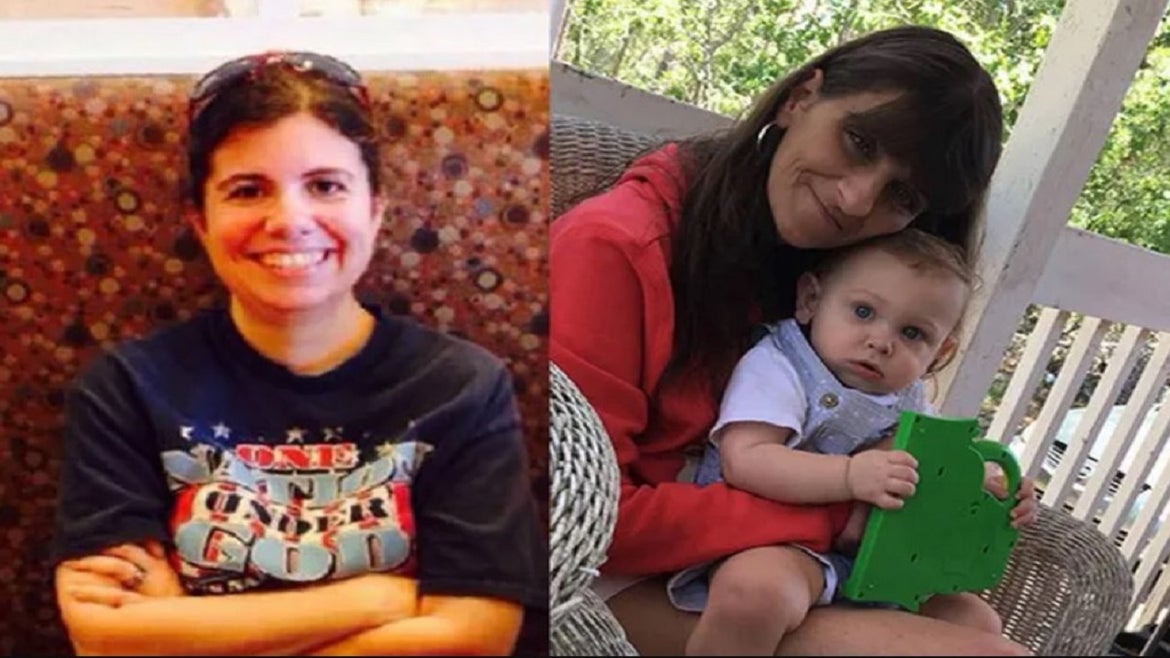Former Sheriff's Deputy Stephen Flood found guilty Thursday in drowning deaths of two mental health patients.
A fired South Carolina sheriff's deputy was found guilty Thursday on all counts in connection with the deaths of two mental health patients who drowned in hurricane floodwaters while locked in a police van.
Jurors deliberated about two hours Thursday before convicting former Horry County Sheriff's Deputy Stephen Flood on two counts of reckless homicide and two counts of involuntary manslaughter. He was later sentenced to 18 years in prison.
Wendy Newton and Nicolette Green, two women who had long struggled against mental illness, had voluntarily sought treatment in 2018 during Hurricane Florence, their families said. They became trapped inside a locked sheriff's van after Flood ignored barricades erected by the National Guard and drove into rapidly rising floodwaters against the advice of his supervisors, prosecutors said.
The women were being taken to a mental facility after doctors determined they needed immediate help, authorities said. Under a controversial policy in South Carolina and other states, mental health patients are often taken to treatment facilities under law enforcement escort when private ambulances or family members are not available, officials said.
The sheriff's department announced last summer it would no longer use inmate vans to transport mental health patients.
According to prosecutors, Flood drove around a guarded barricade and into a submerged road inundated by Hurricane Florence, which had deluged the county and closed more than 200 roads.
Flood's colleague, former deputy Joshua Bishop, faces two counts of involuntary manslaughter and will be tried separately, prosecutors said. He has pleaded not guilty.
Both were fired by the Horry County Sheriff's office after a criminal probe was started, authorities said. A state investigation later determined the actions of the deputies were "reckless" and charges were filed, authorities said.
During Flood's trial, which began Monday, prosecutor Ed Clements said the deputy stubbornly refused to take a route approved by his supervisors because it would take longer and he didn't want to work late.
Flood instead drove around barricades manned by National Guards and onto a road that had already been closed and deemed unsafe because of rising floodwaters, the prosecutor said.
"Mr. Flood created the risk for those two ladies in that van by driving through that water. Now, if he had gone the other route, they'd be safe," Clements said.
The van was quickly overrun by water and the deputies struggled to escape through the cab's window, they wrote in their reports of the incident, authorities said. The women, who were inside a locked cage in the back of the van, screamed for help, the deputies said.
The van was swept on its side, blocking the only door they had keys for, the deputies said. Bishop said he tried to shoot off the cage lock as water quickly filled the vehicle, but was unsuccessful. Standing on top of the submerged van, Flood radioed for help, authorities said.
But rising water and confusion about the vehicle's location delayed the arrival of help for hours, authorities said.
About an hour after his initial call for assistance, Deputy Flood radioed that he could no longer hear the women screaming, investigators said. The bodies couldn't be removed for more than 24 hours because of unsafe conditions, authorities said.
"He could have listened and not made that horrible decision that resulted in those two deaths of those innocent people," the prosecutor said. "But he didn't ... he wanted to get home a little earlier, get home not late, save some time," Clements said.
"I hate to call someone stupid, but this was a stupid act that took the lives of two ladies," he said.
Flood's defense lawyer argued his client had been traumatized by the event, which he called a "tragic accident."
Flood had faced a maximum sentence of up to 30 years in prison.
Related Stories






